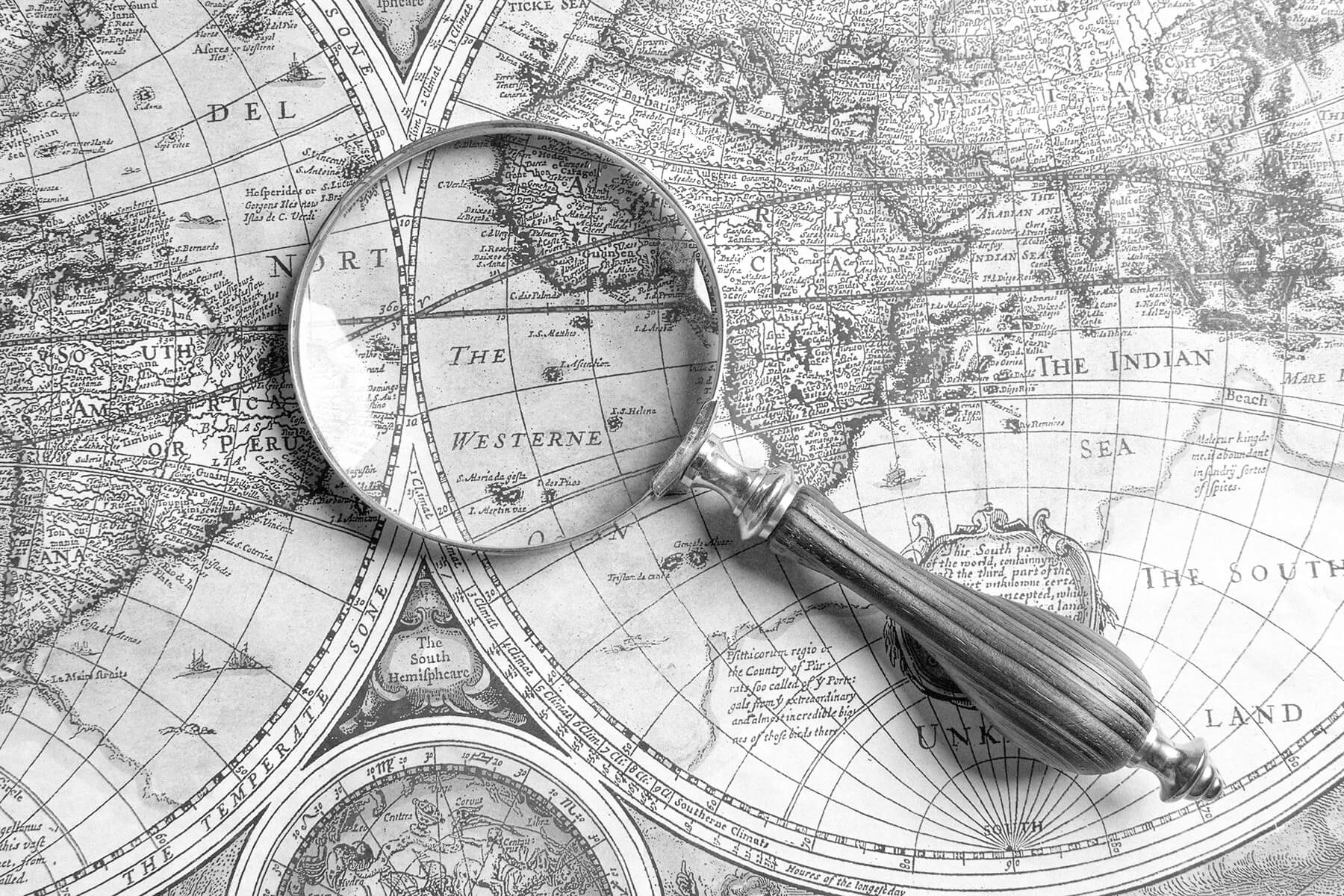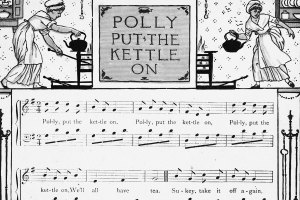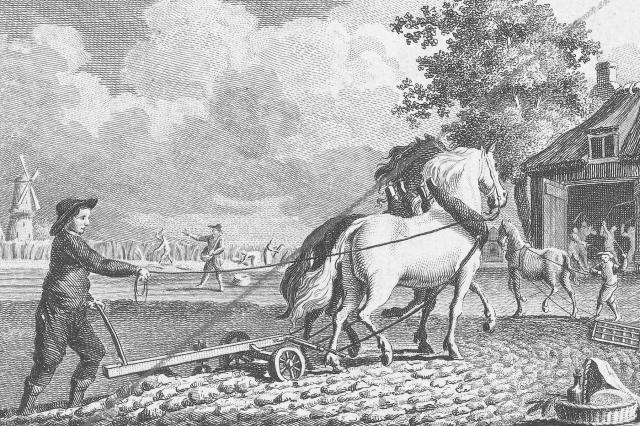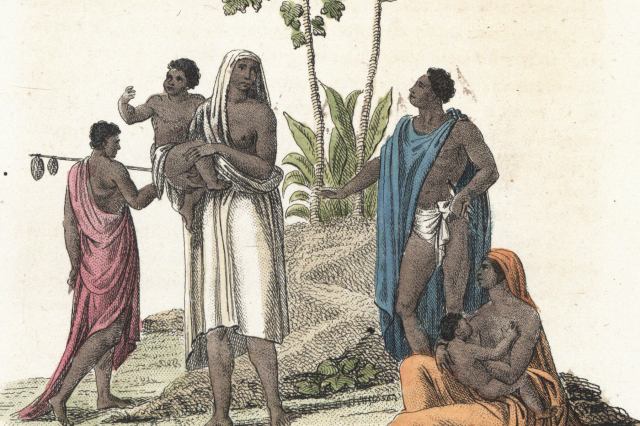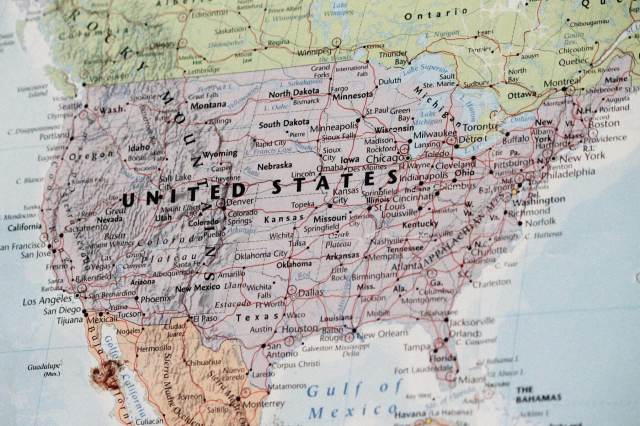What Your Last Name Says About Your History
Last names, also known as surnames, can be more than just family identifiers — they can be gateways to understanding more about our ancestral history, cultural heritage, and even ancient migration patterns. The practice of using last names began as populations expanded and it became necessary to distinguish individuals with the same first names. The origins of these surnames are often tied to geographical regions, occupations, or even personal traits — think “Hill,” “Baker,” or “Armstrong.” In the United States, where the population is a diverse mix of cultures, surnames also carry with them the marks of migration, colonization, and assimilation.
Whether a last name suggests our ethnic heritage, an occupational trade, a geographical region, or the influences of colonization and religion, the identifiers we carry with us can reveal intriguing stories about our past and connect us to a broader story of human movement and settlement. With around 31 million surnames in the world, here are just a few ways that our last names tell us who we are.
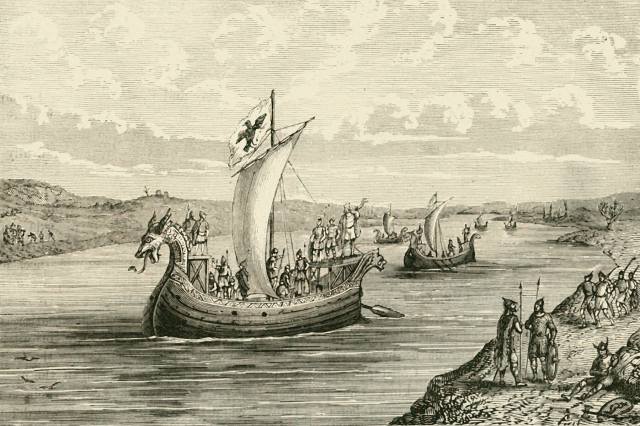
Viking Migration Affected Naming Traditions
The Viking Age marks the period of time when seafaring Norse people raided and colonized their way through Northern Europe, from the end of the eighth century CE until the Norman Conquest in 1066. The influence of the Vikings can still be seen in the surnames of people with Scandinavian, English, Irish, and Scottish ancestry. Names ending in “-son” or “-sen,” such as Davidson or Andersen, are likely to have Viking roots in Scandinavian or Norse heritage, derived from the practice of using “son of” to identify a man’s father. For example, Andersen means “son of Anders,” a popular Scandinavian first name. Other surnames of Old Norse descent include Carlson, Ericsson, Rogerson, Gundersen, Olsen, and Iverson.
Viking migrations, raids, and settlements spread Viking naming conventions as well as the Old Norse language across regions that are now part of modern-day England, Ireland, and Scotland. Regions such as Yorkshire in northern England and parts of Ireland were significantly influenced by Viking settlers, a fact still visible in the surnames common in these areas, such as Holmes, a Viking word meaning “a small island”; McAuliff, meaning “son of Olaf”; and Higgins, which comes from an Irish word that means “Viking.”
Similarly, Doyle, from the Irish Ó Dubhghaill, means a “descendant of Dubhghaill,” coming from the Old Gaelic dubh, meaning “dark” or “black” and ghaill, meaning “foreigner” or “stranger,” which was how the first Vikings in Ireland were described. Other Viking names with the same meaning include the Irish surname Mcdowell and the Scottish surname Mcdougall, both of which are anglicized forms of Mac Dubhghaill, meaning “son of Dubhghaill.”





